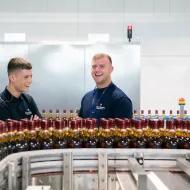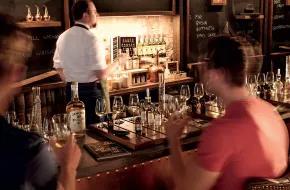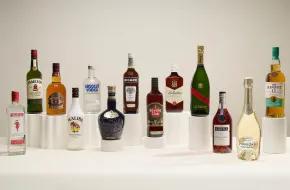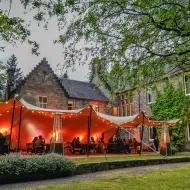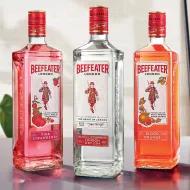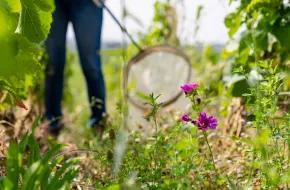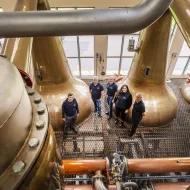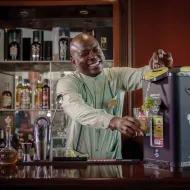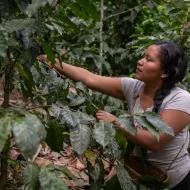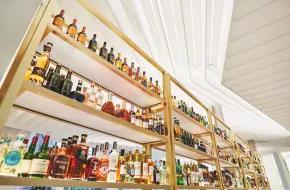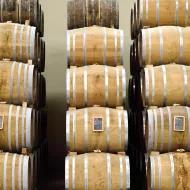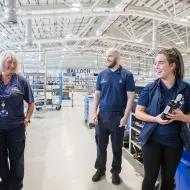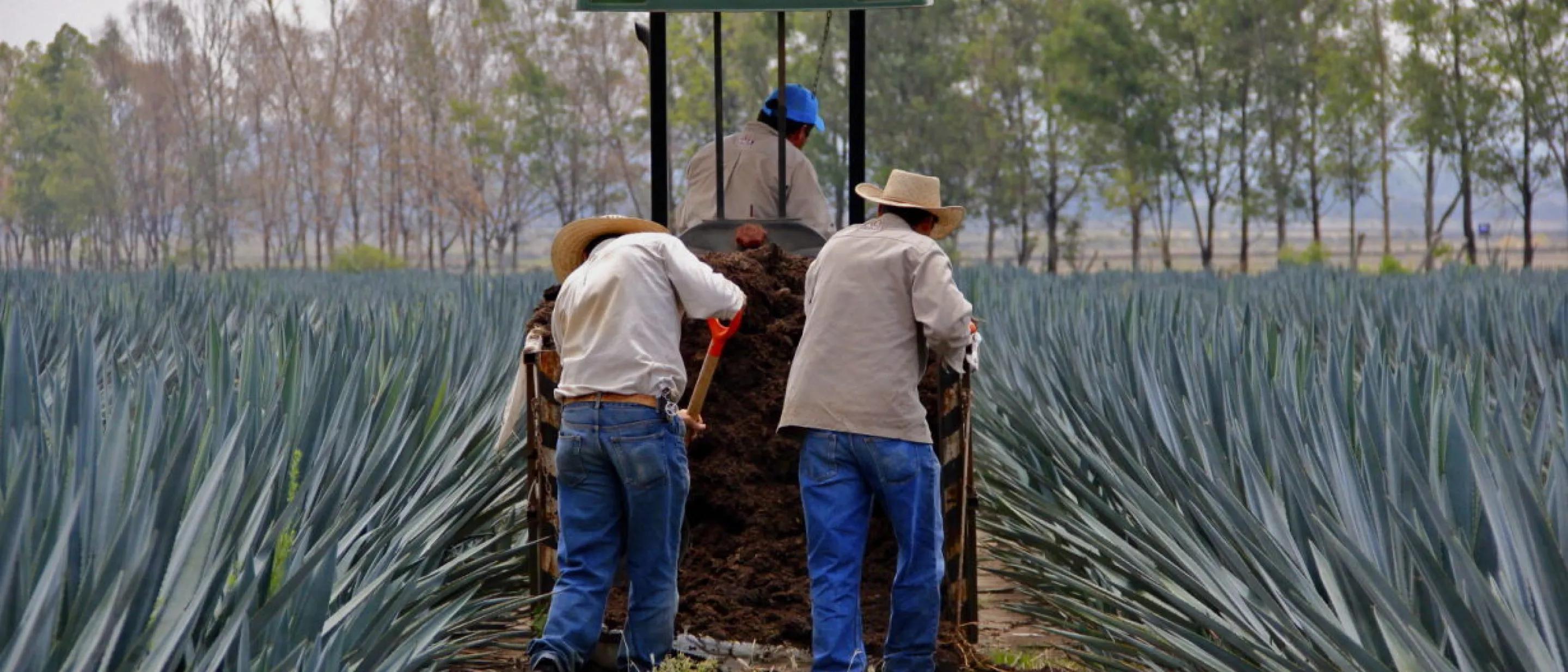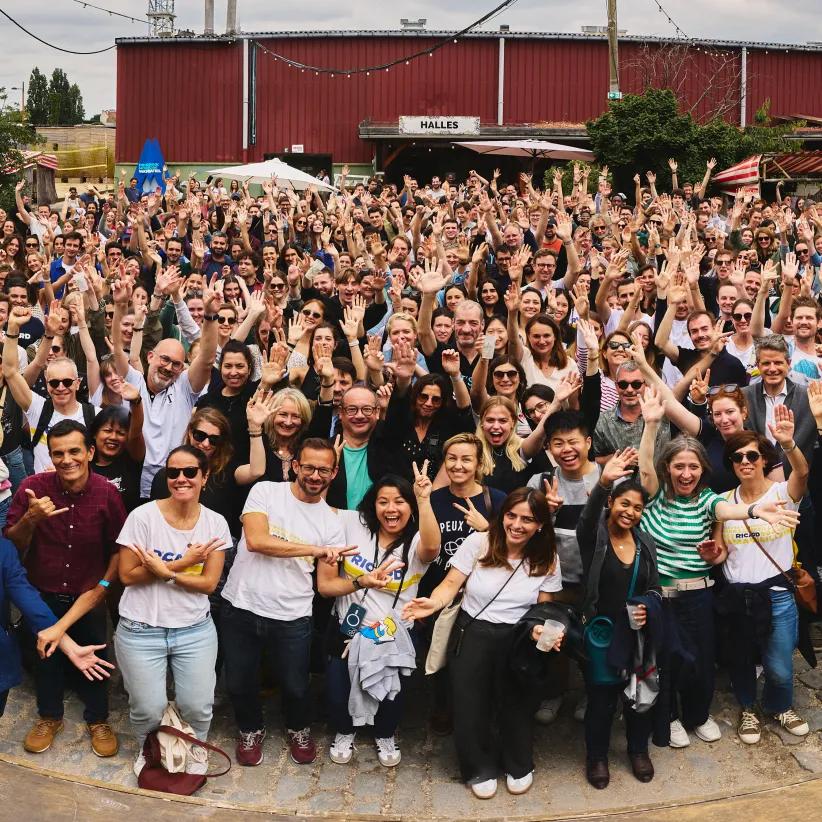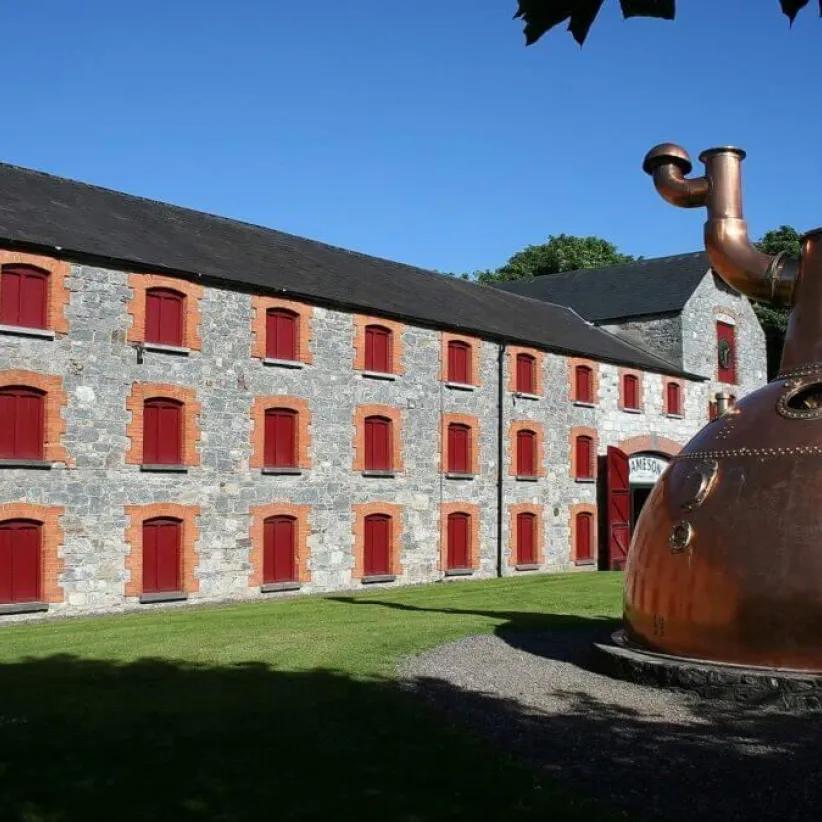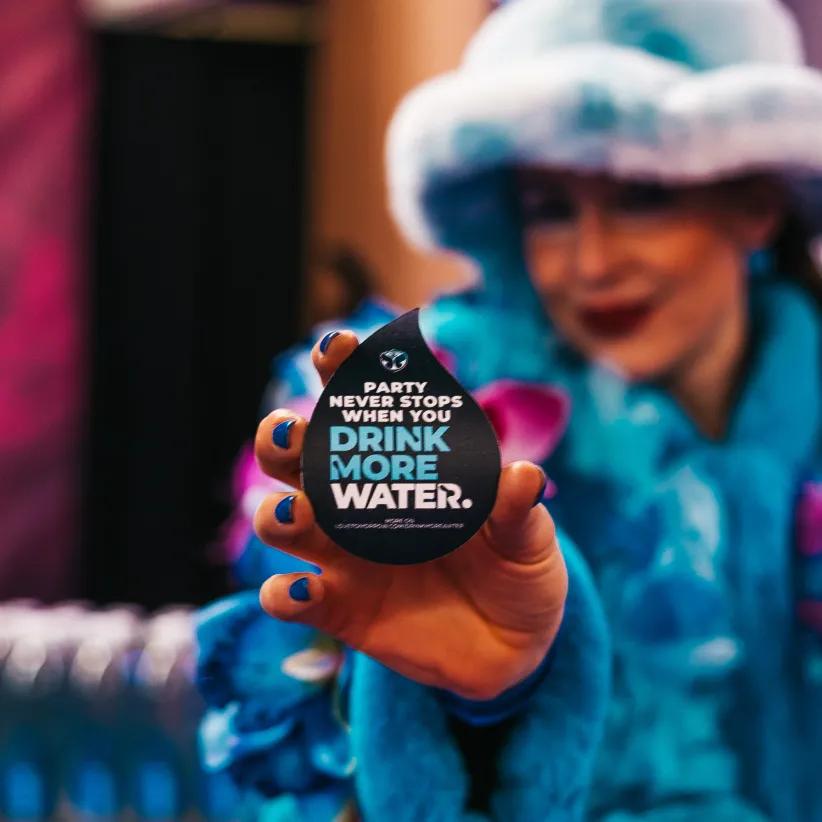Terroir means land or soil in French, the birthplace from which all our products take their character from. We are very proud that our brands are so deeply rooted in their countries of origin and play such an important role in the local communities where they are created.
We source our natural ingredients from over 380,000 hectares of land across the globe, so we are committed to nurturing every terroir and its biodiversity.
What we are doing
All our brands come from nature and play such an important part in the communities where they are made. We source our natural ingredients from over 380,000 hectares of land across the globe, so we are committed to nurturing every terroir and its biodiversity.
We produce and source over 100 ingredients from around 60 countries to create our iconic brands, including key ingredients (wheat, barley, cane, beet, grapes, agave) and other flavouring ingredients that give our products their unique taste (coffee, coconut, star anise, juniper, orange, gentian…).
We work with our farmers and partners to understand the most pressing challenges and develop sustainable and regenerative agricultural practices within our own vineyards and beyond which help improve soil health, enhance biodiversity, preserve water resources, capture carbon and improve livelihoods.
Our Commitments


-
Reduce scopes 1-3 FLAG emissions in absolute value by -30,3% vs FY22 through regenerative agriculture programs and carbon removals preserving nature & biodiversity in strategic terroirs
-
Tend towards 80% key agricultural materials sustainably sourced
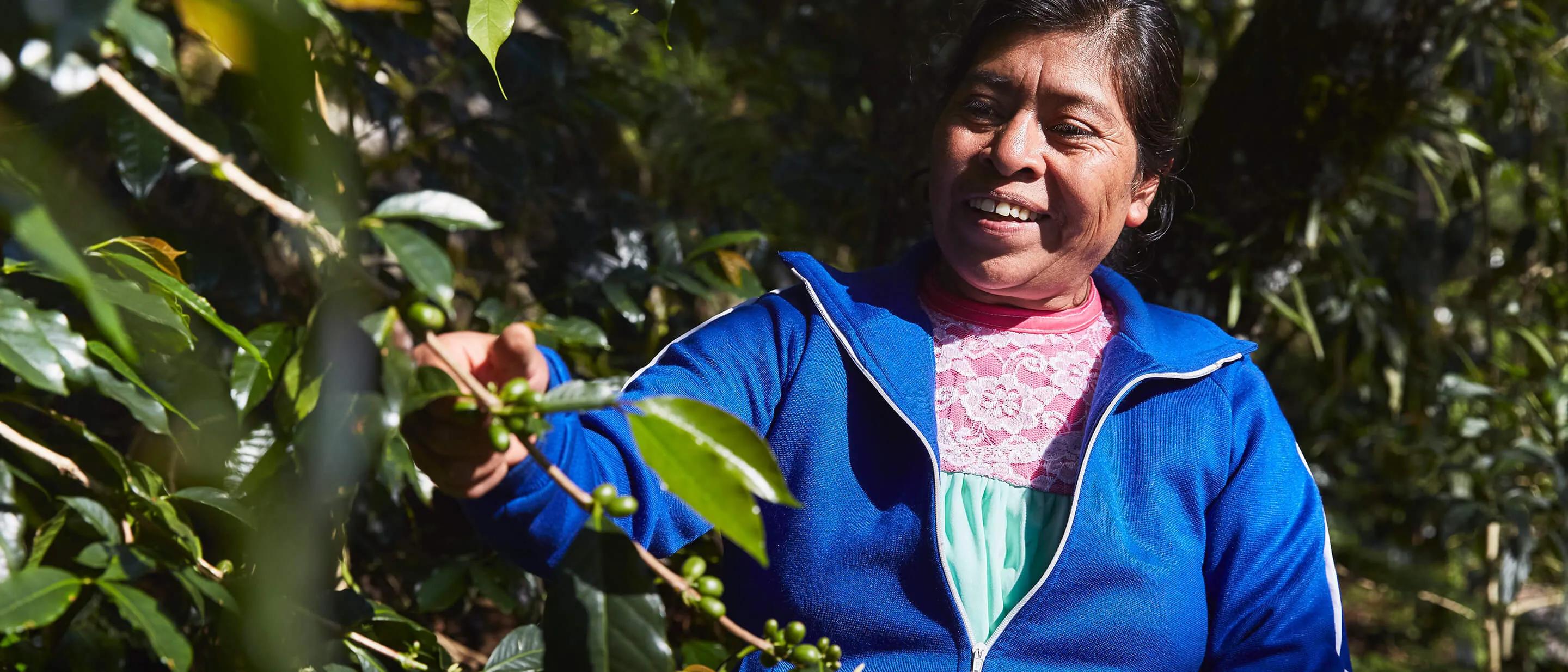
Case Studies
See how our brands are implementing projects to ensure a sustainable future.
Martell Mumm and Perrier-Jouët - Take a leading role in regenerative agriculture
Irish Distillers - Securing quality ingredients and enhancing biodiversity
Kahlúa - Coffee for Good
We are a proud partner of
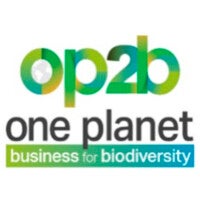
As members of the WBCSD, we proudly engage with the OnePlanet Business for Biodiversity (OP2B), an international, cross-sector coalition driving tangible progress on biodiversity, with a strong focus on regenerative agriculture.
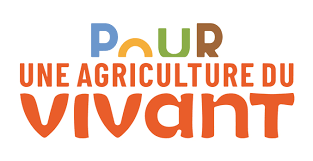
A movement for cooperation and innovation embarking all the agricultural and food ecosystem to create a more resilient and value-creating model through agroecology.





